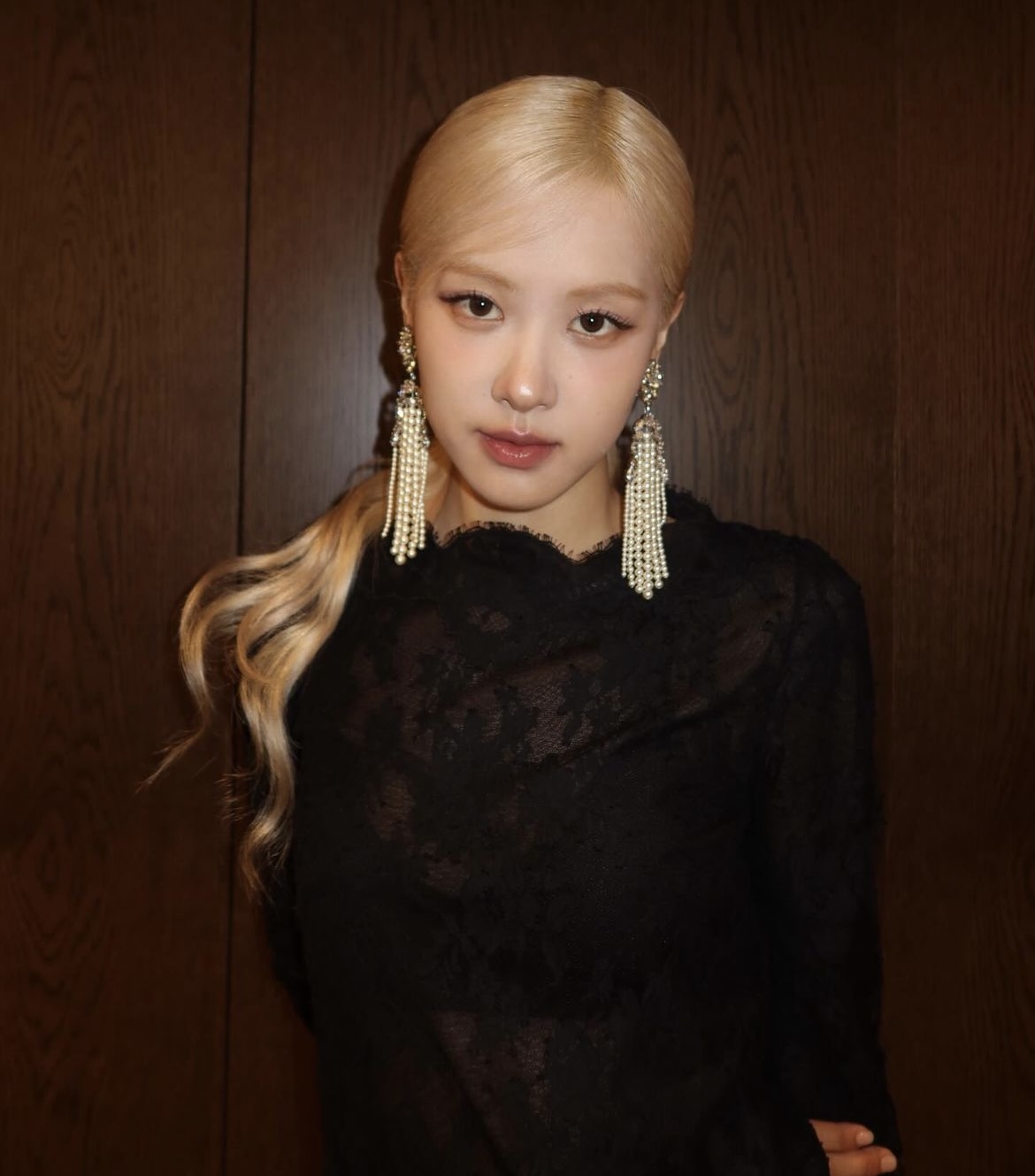If you scroll through YouTube’s trending page in Nigeria, there’s a surprising mix of sounds: right alongside the latest Afrobeats hits, you’ll see K-pop videos racking up millions of views.
This rise of K-pop in Nigeria signals a new kind of music love story, with Nigerian fans eagerly embracing the world of K-pop and its dazzling, high-energy performances.
K-Pop's influence in Nigeria is growing at a fast pace. Leading the charge are global superstars like BTS, BLACKPINK, JENNIE, and recently ROSÉ whose new collaboration with Bruno Mars, “APT” has taken the nation by storm, debuting at No. 2 on YouTube's trending list with a staggering 895,000 streams. This achievement sets a new record for the highest weekly viewership for a K-Pop song in Nigeria.
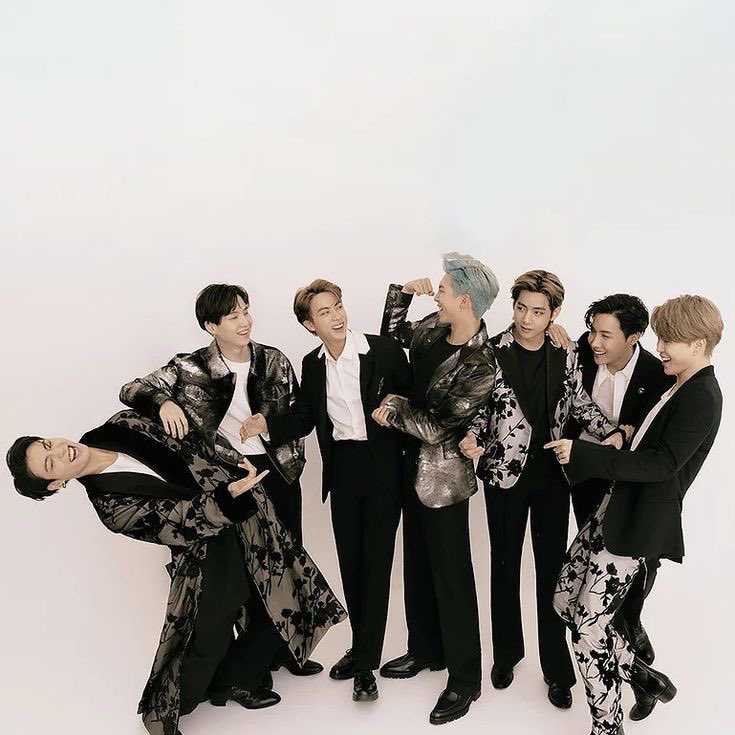
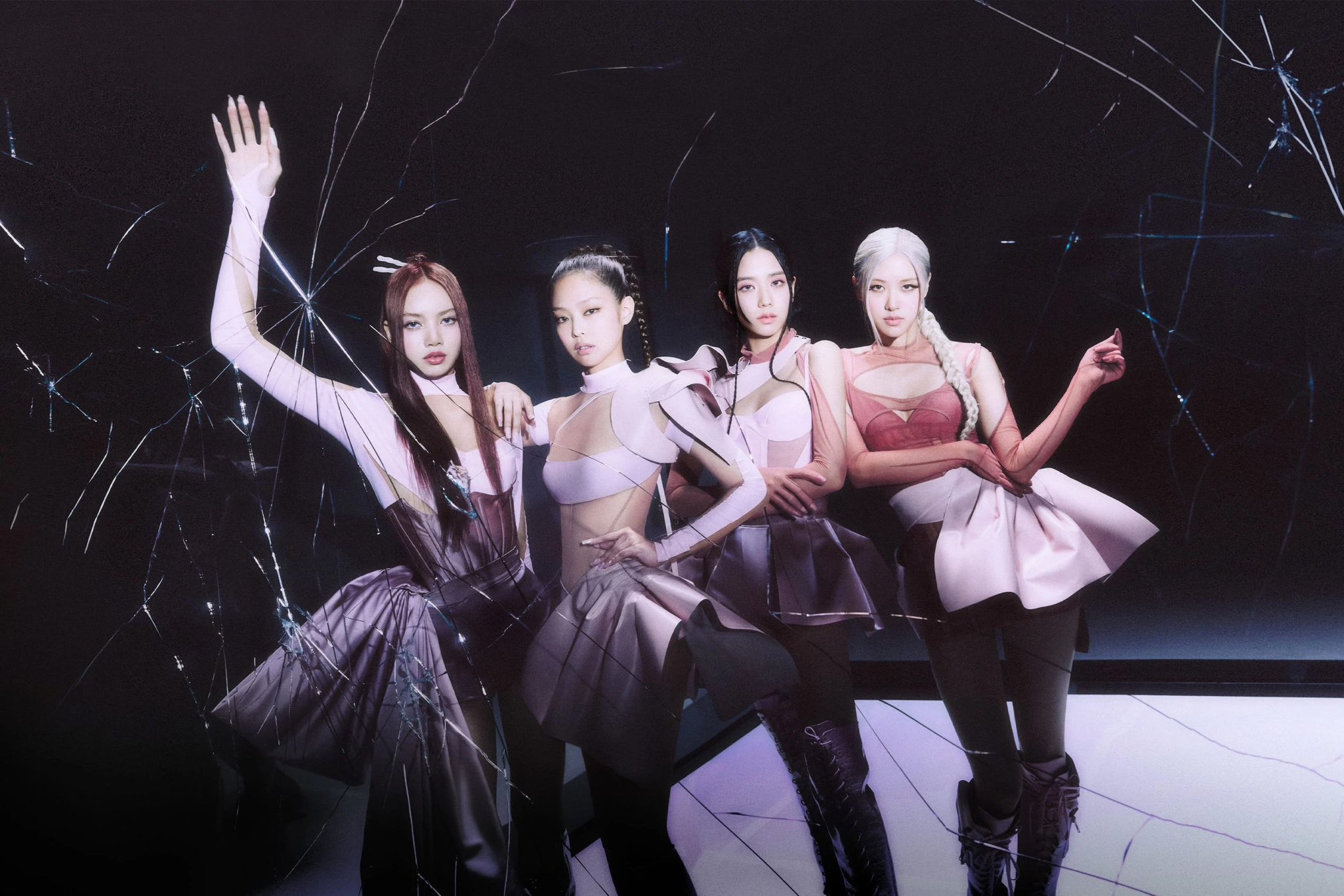
JENNIE's “Mantra,” also made a significant impact, topping the trending list the previous week. Locally, Wizkid and Brent Faiyaz's “Piece of my heart” remains the most popular song, securing the No. 1 spot with over 1.2 million streams.
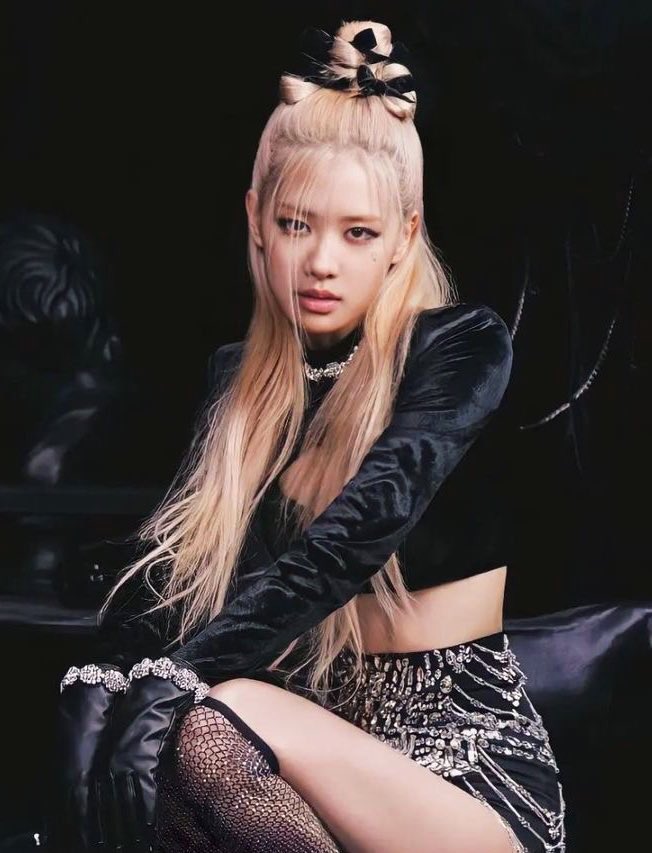
Interestingly, this K-Pop wave parallels the global journey of Afrobeats, which has experienced immense growth in recent years. In 2024, Nigerian artists hit a major milestone: 52 of their songs reached over 100 million streams on Spotify. This rise has transformed the saying, “Afrobeats to the World” into a powerful reality. But while Afrobeats has been spreading globally, Nigerian listeners have also been exploring other genres, leading to a new wave of interest in K-pop’s unique sound and style.
Much of this success stems from a combination of recently released hits and classic tracks that have gained renewed interest on streaming platforms, driven by a global fascination with African sounds.
As Afrobeats gains a global audience, one question arises: How do Nigerian listeners engage with music from other cultures?
"APT" charted at No. 38 on the TurnTable streaming chart and No. 78 on the TurnTable Official Nigeria Top 100.
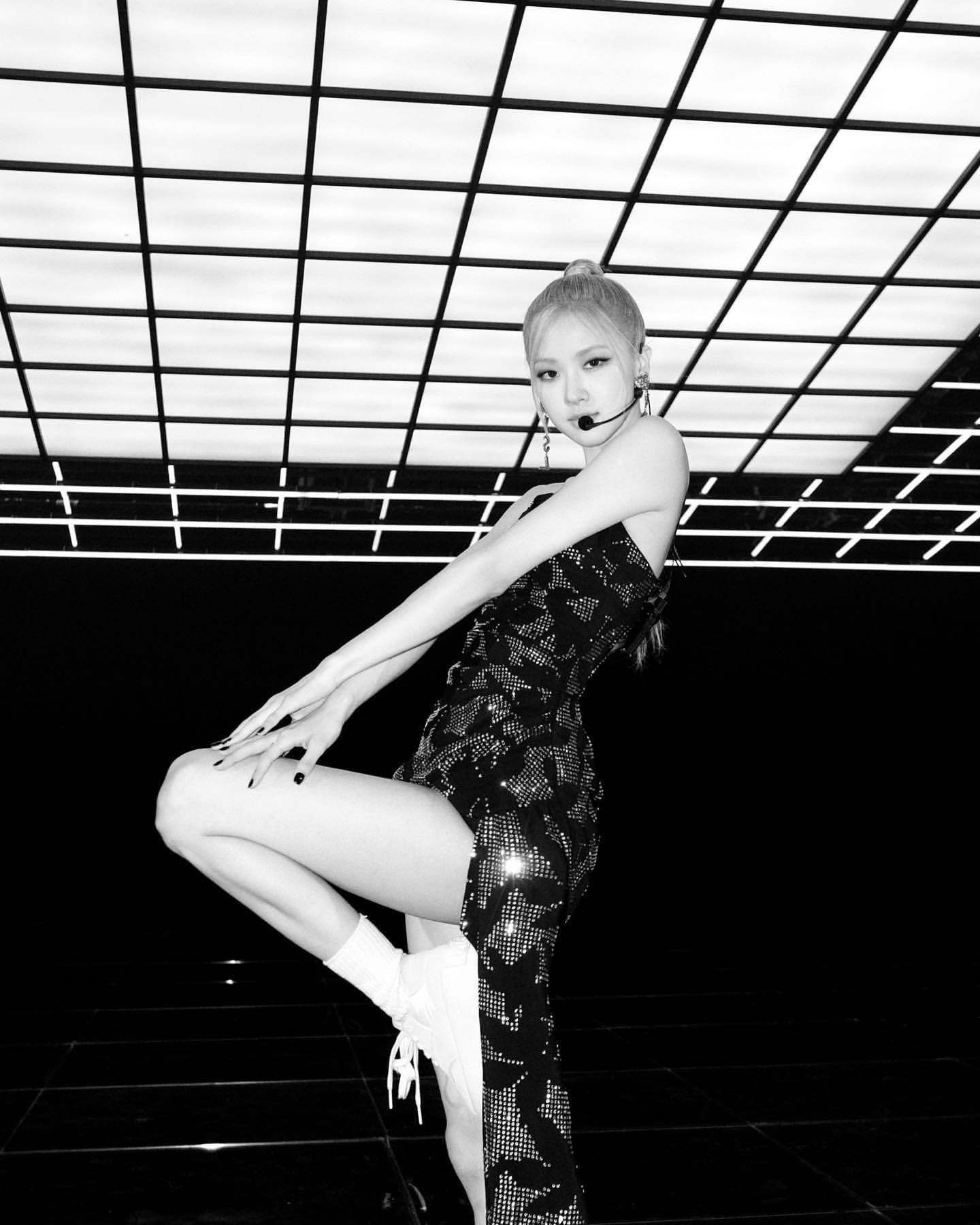
K-Pop’s Nigerian popularity reflects a reciprocal cultural exchange. Young Nigerians, with a growing appetite for diverse sounds, embrace K-pop's unique style, visually stunning videos, tightly choreographed performances and melody.
Beyond music, Korean culture has been gradually finding a home in Nigeria. For instance, Korean dramas have captured Nigerian audiences, with Alchemy of Souls ranking in Netflix Nigeria’s top 10 shows for over six months in 2022. Korean skincare products, known for the “glass skin” trend, are also trending among young Nigerians, and in 2023, Korean exports to Nigeria grew by 18.1%, per data from the Korea Customs Service.
Social media has played a key role, giving fans easy access to K-Pop stars and fostering communities where Nigerian fans share their excitement.
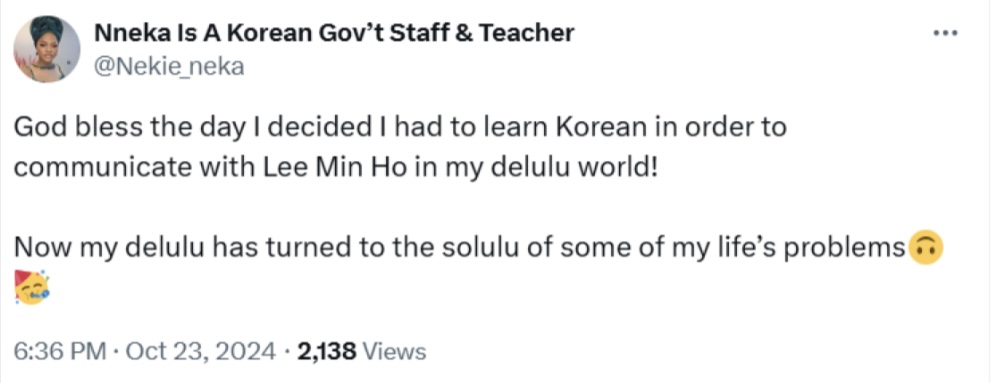
The rise of K-pop in Nigeria shows no sign of slowing down. At the 12th Korean Film Festival held in Abuja last month (September), Korean Ambassador to Nigeria Mr Kim Pankyu, emphasised the ongoing efforts to promote K-pop, drama, and music in Nigeria. He highlighted ongoing projects, including an agreement between the Korean Cultural Centre and African Independence Television (AIT) ****to broadcast Korean dramas, further connecting both cultures.
The popularity of K-pop in Nigeria is also inspiring educational opportunities. Several schools now offer Korean language classes, while earlier this year, Professor Abdulrasheed N’Allah, Vice-Chancellor of the University of Abuja, shared plans to establish an Institute for Korean Studies. As he put it, “When you know a people’s language, culture, and philosophy, you can do business better with them.”
K-Pop’s Nigerian rise could signify the start of a new cultural dialogue within the music industry.
However, a debate around cultural appropriation and the need for cultural gatekeeping persists.
Joey Akan, founder and editor of Afrobeats Intelligence, has argued for gatekeeping, “I've been screaming this for a while. A decade of no gate-keeping and local talents selling it all off and kowtowing to the big music corporations will only move in one way: the loss of cultural ownership by Nigerians. First, they come with money and opportunities, displacing your art and the spirit by moving you out of your home…” he shared via X (Formerly Twitter)
Conversely, other music enthusiasts have rejected the idea of gatekeeping. “We can’t want Afrobeats to the world and expect the world not to come to us!” - Gracey Mae shared via X (Formerly Twitter).
The rise of K-pop in Nigeria hints at a fascinating cultural exchange, maybe even future collaborations between Afrobeats and K-pop artists. For now, it’s clear that this global music mix is enriching Nigeria’s entertainment industry, sparking curiosity about where this cultural blend will take us next.
